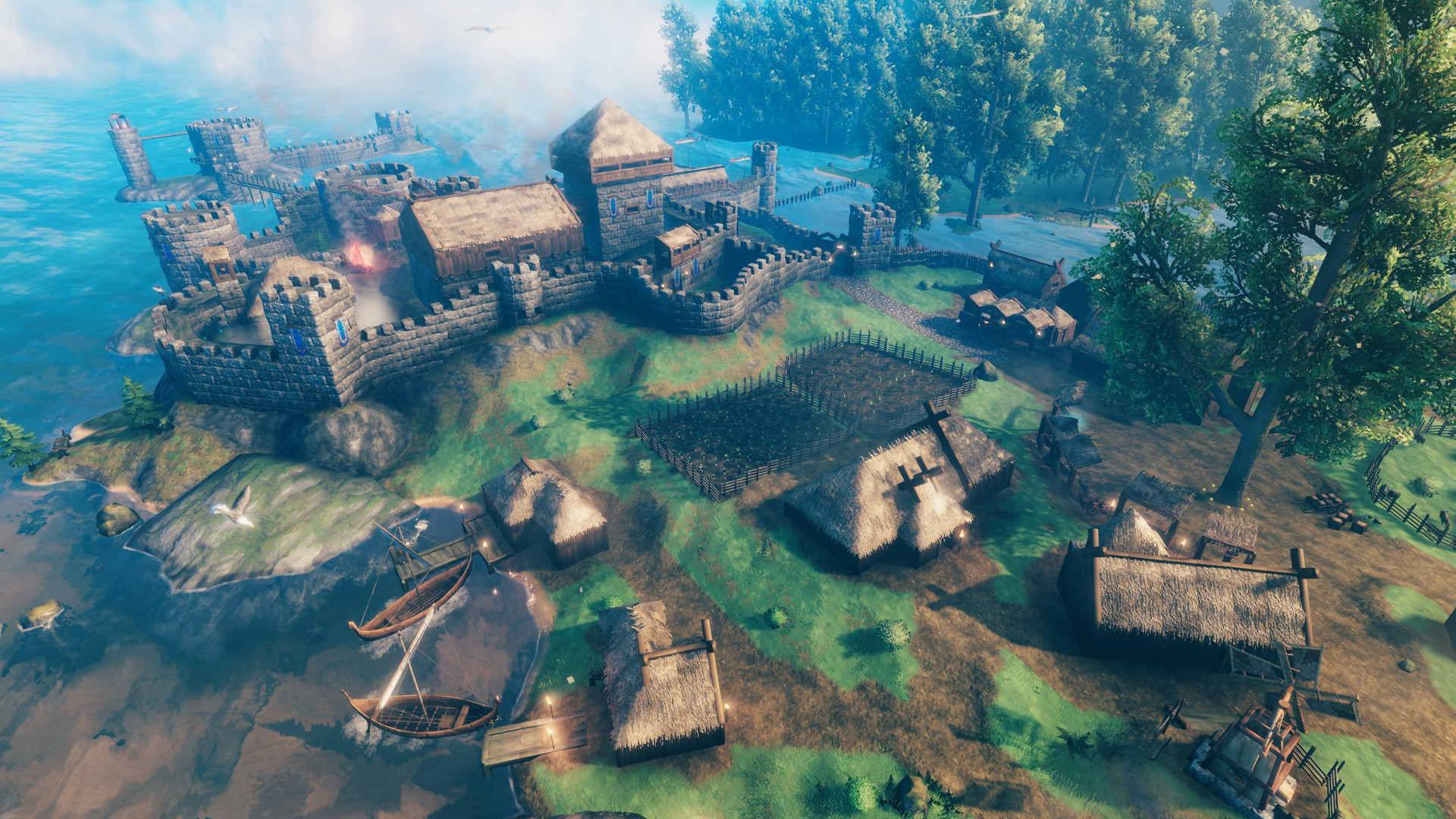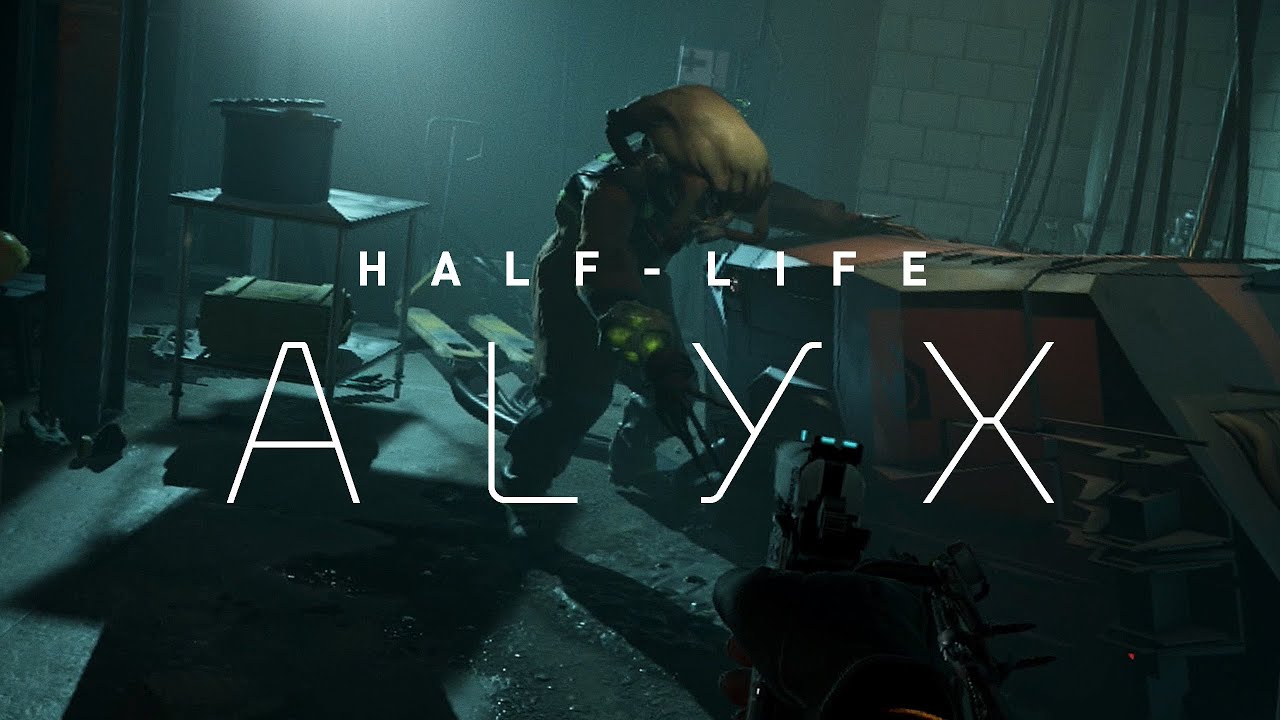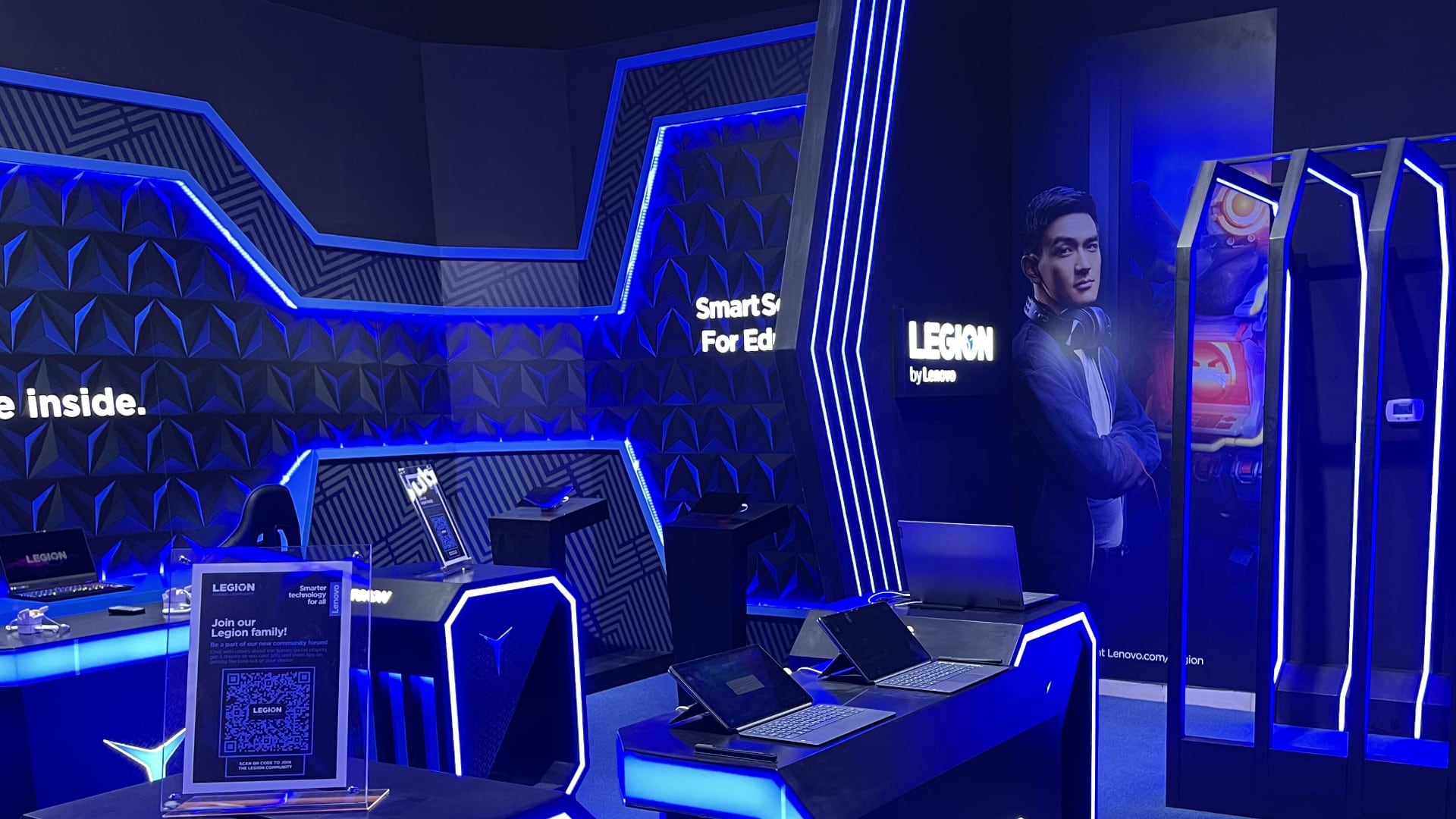As multiplexes fully open back and film distributors lessen the hybrid streaming/theater strategy, modern cinema is at a crossroads. Audiences aren’t going back to the theaters in large numbers for a variety of reasons. From the rise of ticket prices and everything associated with the movie-going experience to the rise in Oscar-worthy films from streaming platforms like Netflix and AppleTV+, there’s little incentive now.
It’s the reason why film studios are gravitating toward established franchises, remakes/reboots and intellectual properties like comic books adaptations. Of course, legendary film makers like Martin Scorese and Francis Ford Coppola have used the popularity of the Marvel Cinematic Universe to call out the lack of original storytelling with significant budgets. Modern console and PC gaming have run into a similar argument as well, with even some of the best PC games sometimes going to the same storytelling well for content.
Newer IPs with budgets anywhere near AAA have been few and far in-between over the past decade. Just a look into the highest-grossing games of 2021, the top ten were literally exclusive to sequels and reboots. Original IPs don’t begin to show up until number 13 with decades-old Minecraft alongside Back 4 Blood (the spiritual successor to Left 4 Dead) at the 18th spot. In 2020, Cyberpunk 2077 was the only non-sequel to crack the top ten and that’s adapted from a pen-and-paper RPG.
This year looks to be a bit different for big-budget AAA titles with the overwhelming success of Elden Ring alongside upcoming releases like Forspoken and Starfield (though Elden Ring, while full of original elements, is still a FromSoftware "Soulsborne" title). However, these are more exceptions to the norm. When it comes to PC gaming specifically, big-budget AAA exclusives don’t make as much sense for developers as they used to. That’s because the platform has continued its reputation as an experimental playground for creators of all budgets.
PCs are great for indie developers with fresh ideas

Outside of third-party AAA games, day-one releases on Microsoft Game Pass and more recent later-life ports of Sony PlayStation exclusives, PC gaming still manages to exist in its own world.
This begins with indie developers at the heart. As The Batman and Doctor Strange and The Multiverse of Madness become the big box office movie events of the year so far, there’s still enough room for well-received indie films like Everything, Everywhere At Once.
For every Elden Ring, Horizon Forbidden West, and Halo Infinite, there are plenty of ultra-popular games with smaller budgets from Sable to Loop Hero. On Steam alone, 90 percent of games available on Steam are from indie developers and a little less than half of sales on the digital store are from indie titles according to reports.
Interestingly enough, the data also showed that indie games only make up 30 percent of the active user base currently, so if . A recent YouGov study also showed that indie games for PC alongside consoles are the only type of games to see year-over-year growth amongst casual and gaming enthusiasts.
PC is the only place to really get quality VR gaming

The freedom of developing on PC is the reason why virtual reality eventually received mainstream acceptance. Before Facebook (now Meta) released the standalone Oculus Go and later Quest line of VR headsets, the Rift was a PC-only affair. Though the Rift line was discontinued, the Valve Index and HTV Vive headsets still exist for the niche market.
Oculus Link even allows PC gamers to connect Quest headsets to their rigs now. Some have now called VR a “heaven for indie developers.” Now a part of Meta, Beat Saber creator Beat Games was a Czech-based indie studio before the popular rhythm game took off.
On the AAA side of things, the current benchmark for big budget VR experiences is Half Life: Alyx. EA even tried to resurrect the Medal of Honor franchise through a big budget PC VR game but the reception was lackluster at best. Though top tier developers have all but given up on VR or are waiting on what Sony has in to offer with the PSVR2, indie experimentation has maintained a consistent flow of releases.
eSports is an overwhelmingly PC affair

Possibly one of the biggest reason why PC gaming doesn’t really need big tentpole releases the way consoles do is because the platform effectively runs the entire esports industry.
With a continuously growing value of $1.8 billion, competitive gaming in its current form is biggest on PC. With an obvious focus on the multiplayer experience, these games receive constant updates that can last years. Sure, the competitive aspect where money is involved is sure to encourage many participants, however, there are many who just want to enjoy the game.
PC gaming makes up the top ten games with biggest prize purses. Dota 2, Counter-Strike: Global Offensive, Fortnite, League of Legends, and Arena of Valor among others competitively require a rig.
Putting things in perspective, last year’s International 10 tournament for Dota 2 had a prize pool of over $40 million. Reaching the finals in Fortnite World Cup nets a minimum of $50,000 and the overall winner leaves with $3 million.
PC gaming has a sense of history that consoles simply don't

Besides esports, VR or the plethora of indie games available, PCs by default are better for game preservation.
For those individuals who may have the original multi-CD copy of Star Wars: Knights of the Old Republic or original Doom on floppy, there’s a lot that can be done with an external disc drive. Around the hype of The Matrix Resurrection last year, I was in the mood to play Enter The Matrix.
Finding a ten dollar copy on Amazon and a cheap external DVD drive, I was able to play it without any problem on my rig. This led to a rabbit hole of playing some old PC games that I had stored in the closet from Need For Speed Underground 2 to the original Call of Duty. And we're not even talking about emulation which is doing a better job of preserving gaming history than Sony, Microsoft and Nintendo, albeit in its own homebrew, piratey way.
The time of PC Gaming having huge exclusive AAA moments is long gone and that’s totally fine. That’s because as gaming has become more mainstream, the reasons why people game on PC has changed. Some want to play the latest title that pushes their hardware to the max - others to spend long hours practicing for the next Dota tournament.
Meanwhile, indie developers have found success creating games that don’t need a lot of razzle-dazzle - just unique gameplay or inventive storytelling. The last couple of decades had the gaming industry trying to legitimize video games as an art form that rivals cinema. When it comes to PC gaming, wanting that artistic acceptance seems rather archaic.
source https://www.techradar.com/news/if-you-think-pc-gaming-doesnt-have-enough-stories-to-tell-youre-wrong/


0 Comments